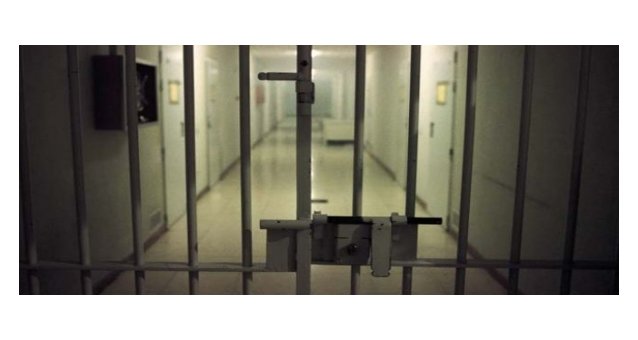Convicted for political struggle: Kazakh Labour Union activist may die in prison

[Brussels 16 August, 2013] The life of the convicted Kazakh activist, Roza Tuletayeva is in grave danger. Despite the critical state of her health, the woman has been denied necessary medical treatment, an act that constitutes cruel and inhuman treatment.
Roza Tuletayeva Aytbayevna is a convicted Kazakh activist who was engaged in the protection of the rights of oil workers, protesting against unfair working conditions in oil companies in Zhanaozen. Since 4 June, 2012, Roza Tuletayeva has been serving a five-year prison in the UG 157/11 colony in Atyrau (Western Kazakhstan) having been convicted of organising mass riots in Zhanaozen on 16-17 December, 2011.
The European Parliament Resolution on Kazakhstan of 18 April, 2013, labelled the charges against Roza Tuletayeva ‘opaque’ and potentially, politically motivated. International human rights organisations Amnesty International , Human Rights Watch , Front Line Defenders , and the Polish Bar Council called on the authorities of Kazakhstan to release the activist.
Roza Tuletayeva has repeatedly spoken about the brutal torture, exerted on her during interrogations in order to force her to give incriminatory testimonies; they hung her by her hair, suffocated her with a refuse bag, pressed with an iron rod against the walls of her intestine and threatened to kill her family.
Roza Tuletayeva announced at the trial:
"I request that an investigation into the torture, to which I was subjected during the investigation, be carried out. I cannot disclose much... my family are here… my relatives, I’m ashamed to say what they did to me... There are things that are embarrassing to say."
Following her transfer to prison, her life became endangered again. She has serious health problems, including a benign liver tumour (hepatic adenoma), chronic mastopathy, anemia, low- blood pressure and severe pain in her spine. She is a woman in urgent need of professional treatment, but the prison administration has failed to provide her with the necessary medical care. On the contrary, from time to time, despite the unbearable pain, she is forced to stand during long roll calls.
As Roza Tuletayeva complained about her health condition, the colony physician examined her and stated that she was healthy, subsequently discharging her from the infirmary, although her medical history record contains the results of the medical examination from the city hospital, from which it follows that she is seriously ill.
Even before her imprisonment, doctors advised Roza Tuletayeva to undergo regular examinations. Unable to endure such treatment, in April 2013, she went on hunger strike. Shortly afterwards, the prisoner was sent to a neurologist, mammalogist, and a surgeon, who diagnosed her with kidney stones, and stated that the adenoma, which he referred to as an ‘hemangioma’, has increased by 4.4 cm in size. If it continues to grow and reaches 5 cm, she may suffer a ruptured liver. To prevent this from happening, Roza Tuletayeva should avoid physical exertion and excitement. However, according to Aliya Tuletayeva, Roza Tuletayeva’s daughter, doctors in the colony are contemptuous of the health care needs of prisoners and do not provide them with an opportunity to undergo basic examinations or receive necessary treatment.
According to international standards, a refusal to provide adequate medical care to a convict can be regarded as torture, inhuman or degrading treatment.
The situation of female prisoners in Kazakhstan is difficult to determine, as the Committee on the Correctional System of the RK often refuses to give access to human rights organisations to women’s prisons. In particular, various non-governmental organisations argue that this suggests that the Committee is trying to conceal violations of the rights of female prisoners from the public.
According to the research, conducted in 2010 by the civil foundation ‘Aman-saulyk’ within the framework of an international project, it was discovered that serious violations are commonplace in Kazakhstan’s women’s prisons, such as refusals to provide prisoners with medical care. In addition, women in Kazakh prisons are regularly confronted with a lack of adherence to hygiene standards, humiliating treatment by the administration, a lack of specialist medical care, as well as contraction of HIV, AIDS and tuberculosis.
We hereby call on the Kazakh authorities and international civil society to draw attention to violations of Roza Tuletayeva’s legitimate rights by the prison administration and to take all possible measures to ensure the rights of the convict are met including the provision of necessary medical care! We also call on the independent organisation ‘Doctors without Borders’ and ‘International Red Cross’ to send their employees to the colony in order to provide Roza Tuletayeva with specialist health care!
The EWL would like to thank Open Dialogue Foundation for their contribution to this week’s News Section with this article.




